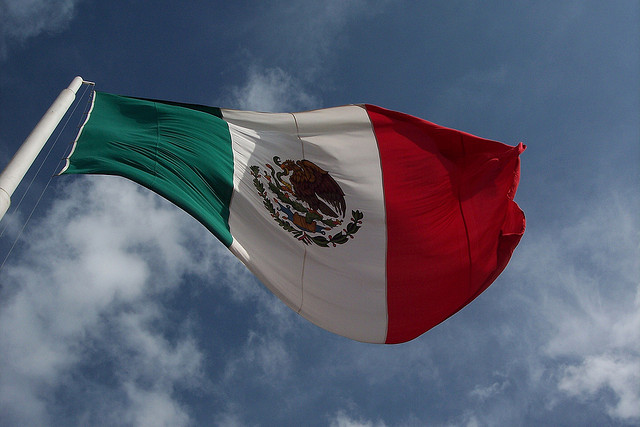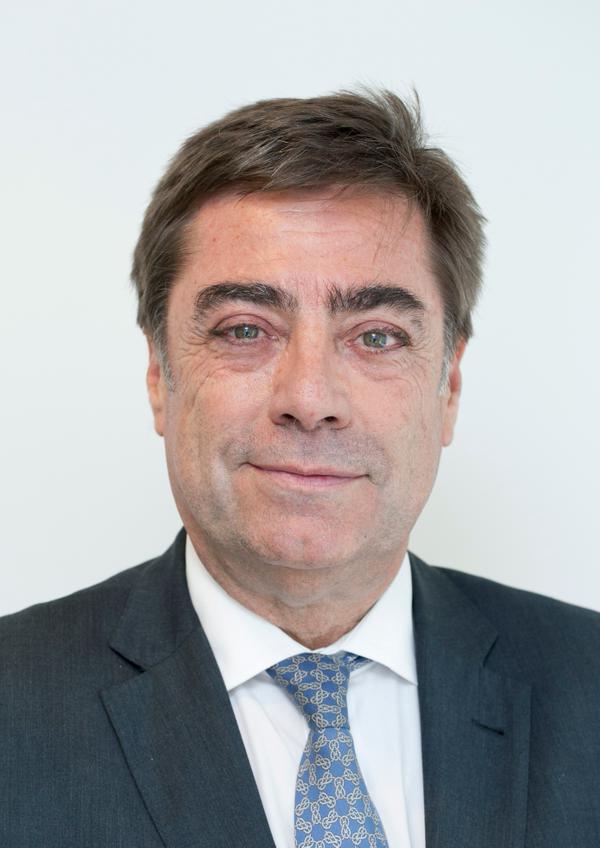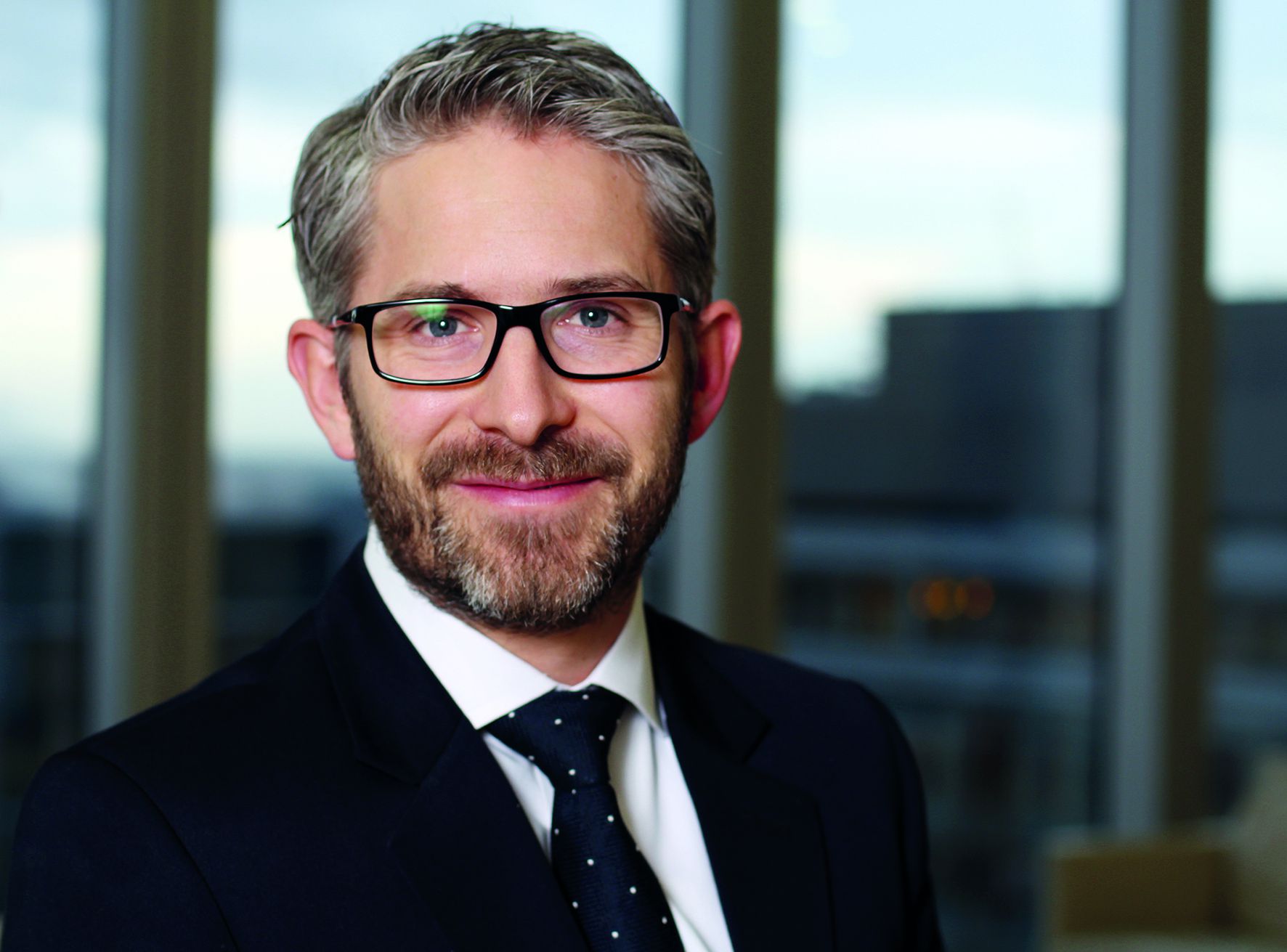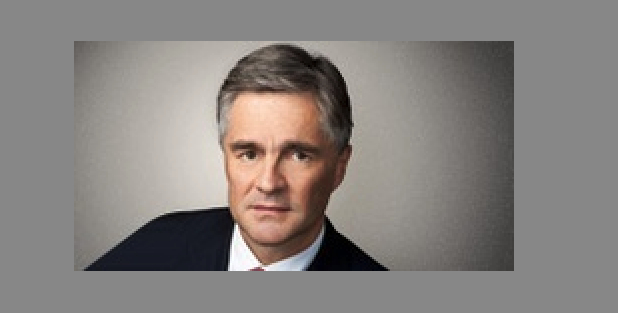October, December or 2016? Following the 9-1 vote to keep US rates at the same level they have been for almost seven years, near zero, speculation has started as to when a rate hike may occur. Here, portfolio managers from across BNY Mellon boutiques discuss the 17 September decision and outline what they think may happen next.
Opinions are somewhat divided as to whether or not the US Federal Reserve will raise rates in the final months of 2015 or if this has been pushed back into 2016.
More data, particularly employment figures, is needed to assure members of the Federal Reserve the US economy is on a strong footing, says Sinead Colton, head of investment strategy at Mellon Capital, part of BNY Mellon. Volatility in China, the strengthening of the US dollar and weakness in commodities were other concerns the Fed cited post its decision to keep rates near zero, Standish’s co-chief investment officer, Raman Srivastava notes (Standish is also part of BNY Mellon).
Srivastava believes the base case remains for a hike this year, either in October or December, although he notes the market appears to have less faith a rate rise is a surety this year, pricing in a lower probability of it occurring. Robert Bayston, Standish managing director of US rates and securitized strategies, says the Fed’s statement appears to indicate committee members expect appropriate policy to include at least one rate hike in 2015.
Colton believes a December rate rise is likely. She says: “While unemployment has come down, wage growth has slowed and long-term unemployment remains significantly above historical averages, raising the question of whether a reasonable amount of slack may still exist in the labor market. The last thing the Fed wants to do is raise rates too soon and reverse the progress the economy has made over the past six years. Also, the strong dollar has already provided a de facto tightening of policy that’s restraining growth somewhat. Nevertheless, the US is still the engine of global growth so any dollar weakness in the immediate aftermath of the announcement is likely to be temporary.”
Todd Wakefield, senior managing director at The Boston Company Asset Management (TBCAM) – part of BNY Mellon, notes the Fed has had policy tightened on them by a 15% movement in the trade-weighted dollar over the past year. “They would really like to have some bullets to shoot to fight off the next recession, but they also recognize the potential drag that the tightening that’s already occurred may be placing on the economy.”
Contrarily Peter Hensman, global strategist at Newton, is of the belief US interest rates will remain lower for longer. He notes the Fed has been continually pushing back the date of ‘lift off’ for rates and believes the global backdrop is far more challenging than the Fed would like to believe. Hensman believes lower growth from China and the decline in the oil price may drag on global growth and prolong existing disinflationary pressures.
Cliff Corso, North America CEO at Insight (part of BNY Mellon) notes that while the Fed’s decision was not a surprise given recent volatility, he agrees with Wakefield that the Fed needs room to move. “It wouldn’t be great if a recession hit with rates at zero and the Fed had to try a whole new round of experiments. Equally importantly is to engineer a much flatter yield curve on the way to tightening. The economy is most levered to intermediate and longer term maturities, rather than the front end, so keeping the long end under control is critical in a hiking cycle. A flatter yield curve and higher rates are not bad for risk assets. In five out of the six tightening cycles that have taken place since 1988, risk assets performed well throughout the cycle. We believe as long as rates are rising for the right reasons – meaning a stronger economic recovery and inflation that is not out of control – the outlook for risk markets is not bad.” A rate rise due to improving economic conditions has historically been supportive of both equities and credit spreads, he adds.
Alcentra’s managing director and global head of high yield, Chris Barris also believes a 2015 hike is still probable. He says from the perspective of a sub-investment grade debt investor, the Fed’s September decision and the language used, was benign, balanced and prudent. “Sub-investment grade credit including high-yield has historically responded well to initial rate hikes. Also, while the Fed lowered its projections for 2016 GDP from where they had been in June, we see the new projections as still being constructive for this asset class.”
Srivastava notes the biggest initial reaction following the Fed’s decision came on the front end of the yield curve where there was a drop in rates. He says indications are the market now expects only two and half rate hikes by the end of 2016. “That means the market continues to believe the Fed will be extremely gradual. If there is near term stability in China and commodity prices as well as a weaker dollar, it will leave the door open for a Fed rate hike yet this year assuming employment trends continue.”
Given the intense speculation that surrounded the September meeting, even though rates were unchanged, market reactions have been closely watched. Japan’s market closed slightly down while European markets opened on the 18th slightly lower.
Wakefield says: “Investors do not like uncertainty and that dislike creates the potential for volatility. Until the Fed starts to normalize and investors see reduced uncertainty, potentially we’re going to see increased volatility.”
Srivastava says he is concerned about how the Fed’s decision and the dollar sell-off impacts other major banks such as the European Central Bank (ECB) and the Bank of Japan (BoJ). He believes it could pose a dilemma for Europe where quantitative easing is under way and the euro is rallying. “Continued dovishness from the Fed may mean the ECB and BoJ will need to become even more dovish and they’ll need to determine that soon.”
Corso also adds that the decision not to move risks keeping uncertainty in the market and increases the possibility that the Fed’s “data dependency” more seriously weighs global markets in addition to US data. “This shift raises the concerns that the Fed is now led by the market and can be held hostage by equity market volatility. Given this, there is a risk volatility remains elevated as investors attempt to game out when the Fed will move. The Fed eventually needs to decide the risks of not moving exceed the risks of moving. We believe the US economy is rapidly approaching that point if it has not already,” he concludes.
Curtis Arledge, CEO of BNY Mellon Investment Management, says: “A zero rate environment has created some challenging dynamics in the way that money moves in the banking system. The Fed doesn’t want to hurt the recovery, but they also don’t want rates at zero. They were looking forward to September being the first chance to raise rates above zero, but markets didn’t cooperate.
“If the Fed believes a rate hike could potentially create volatility, they’re more likely to do it at a time when they think the markets and the economic recovery could weather the storm. I think everybody is watching what happened in China and watching S&P futures move up and down substantially and concluding the market feels spooked. I think they want to raise rates and not be viewed as creating uncertainty in the marketplace.
“It’s become a much more data-driven Fed and one that’s much more sensitive to what’s going on in emerging markets and sensitive to market volatility. Members of the Fed understand they’ve created a market environment that is unusual and they want to be as thoughtful as possible about the way they get out of that.”









